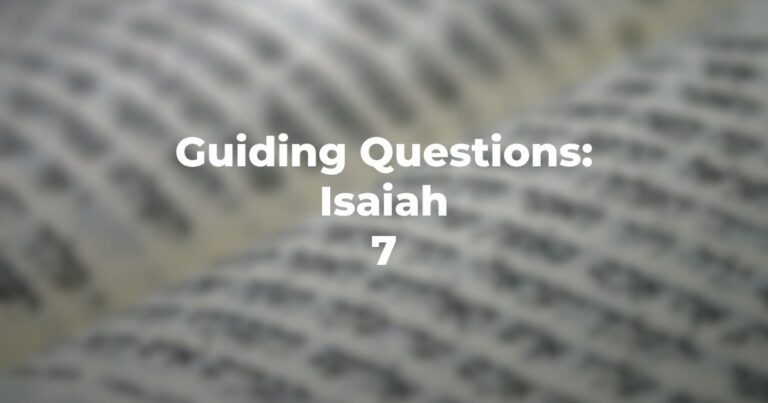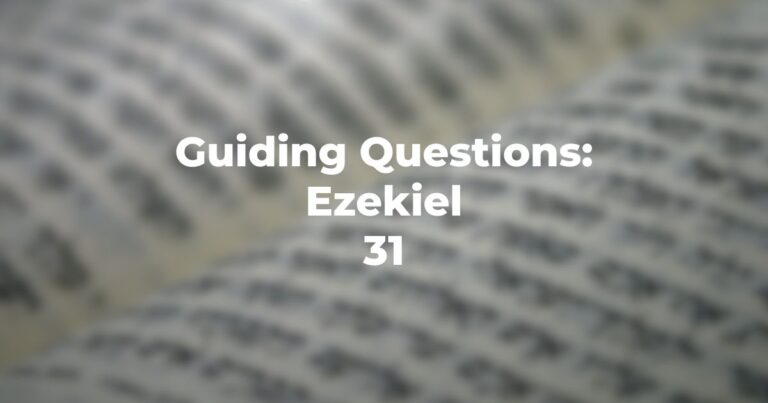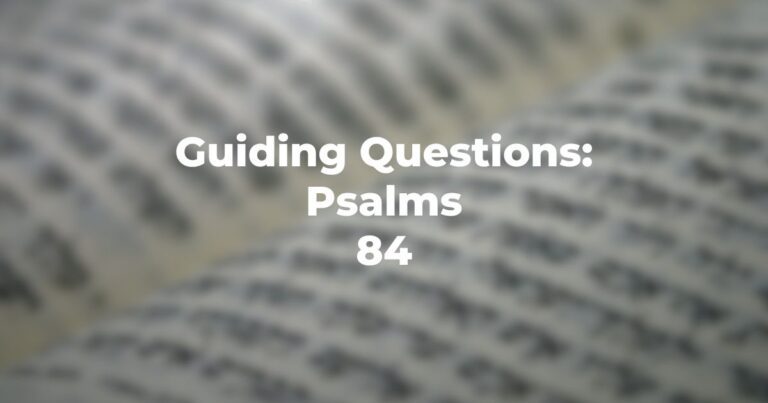- What is the “opinion” expressed of the “other prophets” (Ezekiel 13:3)?
- Indeed, what constitutes the prophecy of this group (other than Ezekiel) — as stated in Ezekiel 13:6?
- According to Ezekiel 13:7, what false imprimatur do these prophets give to their statements?
- Ezekiel 13:9-10 indicate the destiny of these prophets. What is it?
- What classic phrase appears in Ezekiel 13:10 which has come down through the generations?
- How is the symbol of the wall utilized to express the outcome with the false prophets?
- In Ezekiel 13:17, the prophet is instructed to turn to the women of the exile. What is his message?
- Of what does he accuse them (Ezekiel 13:18)?
- What is to become of the activity pattern of the women (Ezekiel 13:20)?
- Based on Ezekiel 13:22-23, is the prophet dealing with all of the women or rather with those engaged in a particular pattern of action as specified, particularly, in Ezekiel 13:22-23?
Author
-

Exploring Judaism is the digital home for Conservative/Masorti Judaism, embracing the beauty and complexity of Judaism, and our personal search for meaning, learning, and connecting. Our goal is to create content based on three core framing: Meaning-Making (Why?), Practical Living (How?), and Explainers (What?).
View all posts




